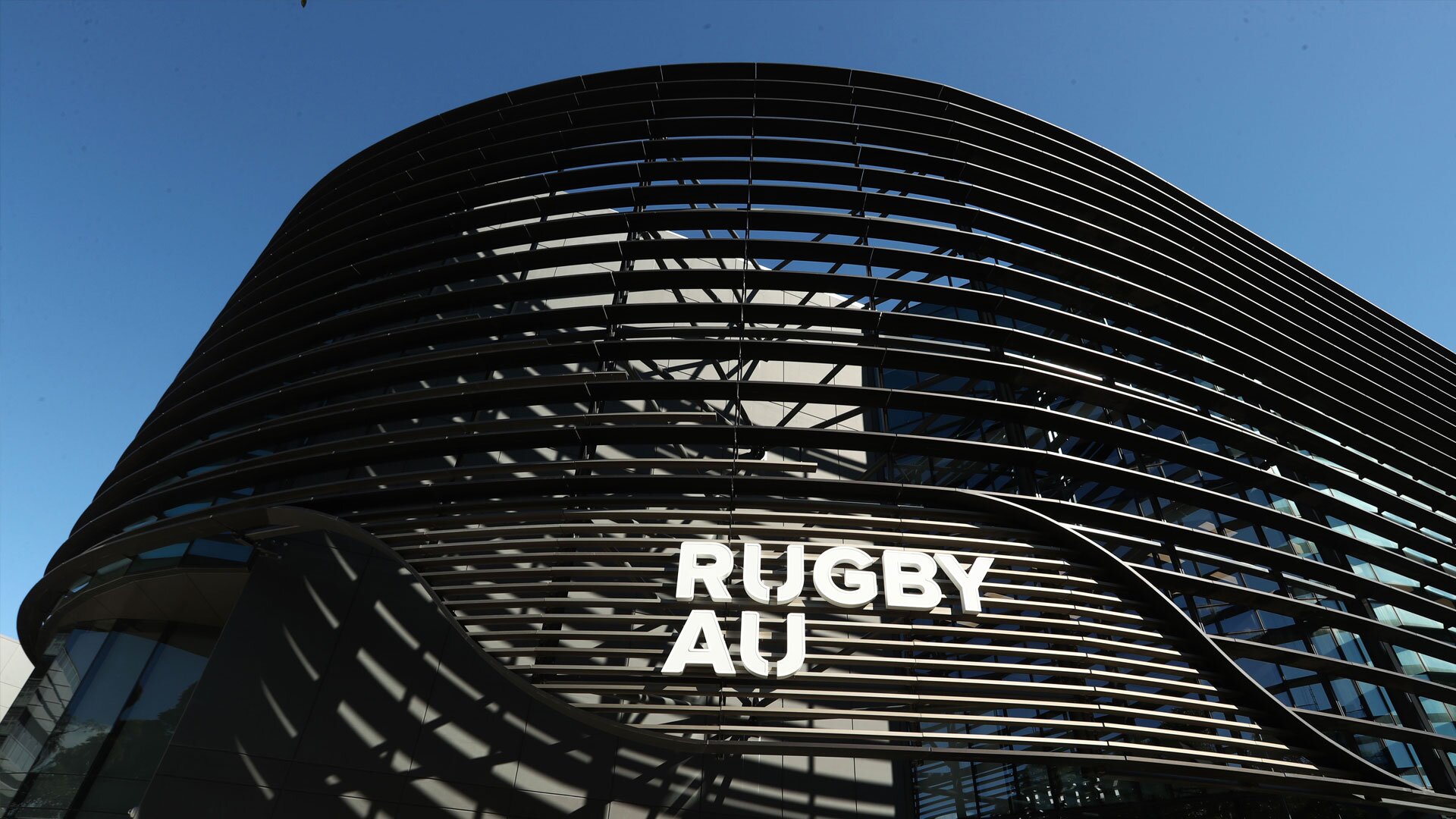Rugby Australia turn to sailing guru to oversee performance structures

Australian sailing was far from the Olympic gold medal machine it currently resembles when Peter Conde responded to an SOS in 2005.
Without a medal in Athens a year earlier, the program’s funding and future was at stake.
So the former elite sailor-turned business strategy consultant went to work.
Two golds and a silver came in Beijing, before three gold and a silver in London were much celebrated after a rough start in the pool failed to yield a single Australian gold.
Three silvers and a gold in Rio were collected a year after Conde had left the program for the AIS, where he remained until earlier this year after another two-gold effort from Australia’s sailors in Tokyo.
“It was an important turnaround after 2005, when sailing was going to lose its funding, and it shows what can be done,” Conde told AAP in his first interview since joining Rugby Australia in the new position of chief performance officer.
“Going to London with four medal opportunities and coming away with three gold and silver was amazing.
“Australia as a team hadn’t been that successful … they sent 11 Australian TV crews to spend the last half of Olympics with us (at the sailing venue) … they were under these instructions to go to sailing and don’t leave, and we don’t have to normally deal with that.
“We took over the local pub, all the locals loved our team… it was a pretty special turnaround.”
Conde’s appointment at RA last month was made official on the same day new eligibility laws for Australian selection were announced.
It was a low-key arrival he said suited him.
“Maybe (my appointment is significant), but I’d rather do something and see the outcomes than just talk about it,” he said.
No more than a fan of the code since attending GPS powerhouse Brisbane State High School, Conde explained he is far from a straight swap for departing director of rugby Scott Johnson.
Instead he’ll use his broader experience to assess the competition, coaching and playing structures from top to bottom, which includes the return of a second division he described as a “gap that needs filling”.
There will also be a focus on attracting and retaining emerging talent, ensuring the ideal picture of what rugby can offer is painted.
He said maximising commercial opportunities for the country’s best players would help keep them onshore, but that the appeal of big-money foreign deals were “just another opportunity rugby affords its players”.
Conde’s enjoyed worked closely with Wallabies coach Dave Rennie, identifying some “gaps” he can help fill around servicing players’ individual needs and creating synergy with Australia’s Super Rugby Pacific clubs.
“Myself with broad high performance and business knowledge really needs to work hand in hand with a coach who is the real deal at the highest level,” he explains.
“I spent quite a bit of time with him (Rennie); I like the way he thinks, the way he approaches player development, they way he develops relationships with players and building culture.
“This is a fresh challenge, but my experience at the AIS is important.
“We really transformed the way we worked with state institutes into a genuine national institute network (as part of the inaugural National High Performance Sport Strategy).
“They all had their own leadership and governance, but we found a common set of principles … that’s quite a parallel with how Rugby Australia needs to work with Super Rugby clubs.
“Australia wouldn’t have been successful as it was at Tokyo if we didn’t have a really effective network working together and the same would be true for the Wallabies, ultimately.
“We need to work together … realise we’re not just competing with each other, but against the the rest of the world as well as the different codes of footy.”


































































